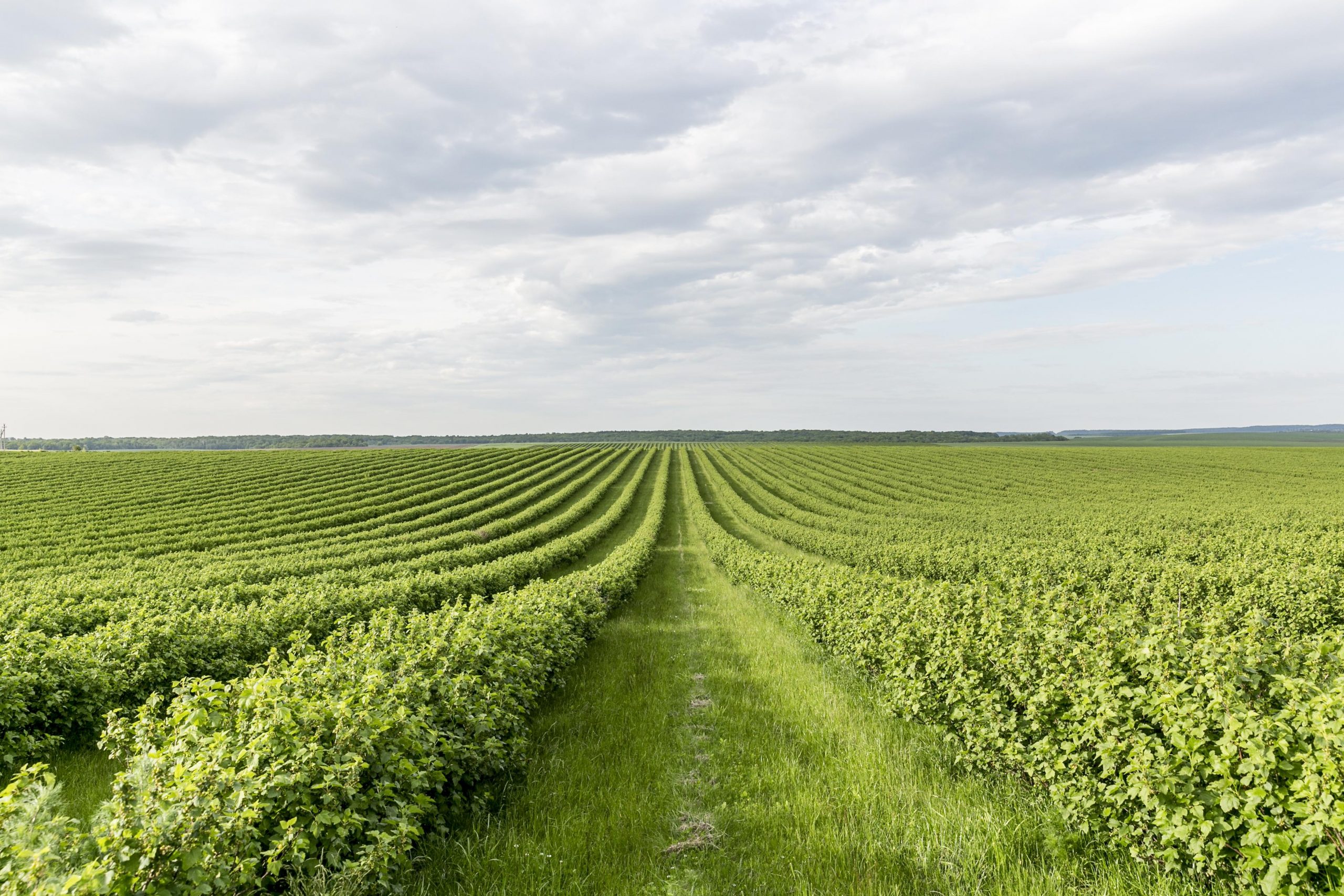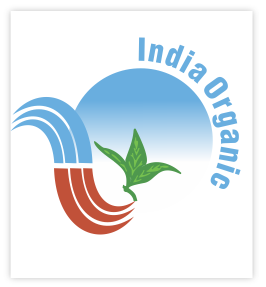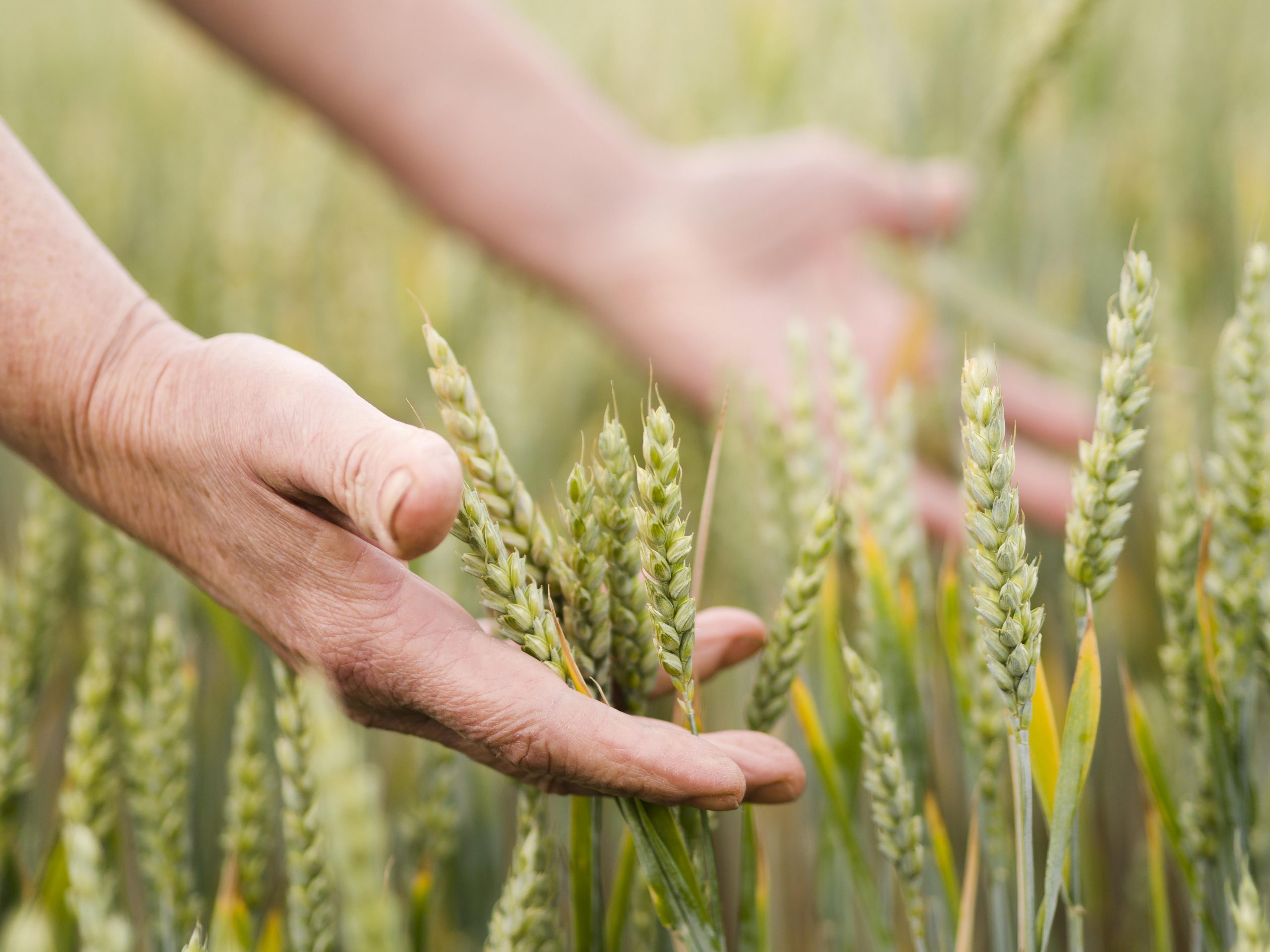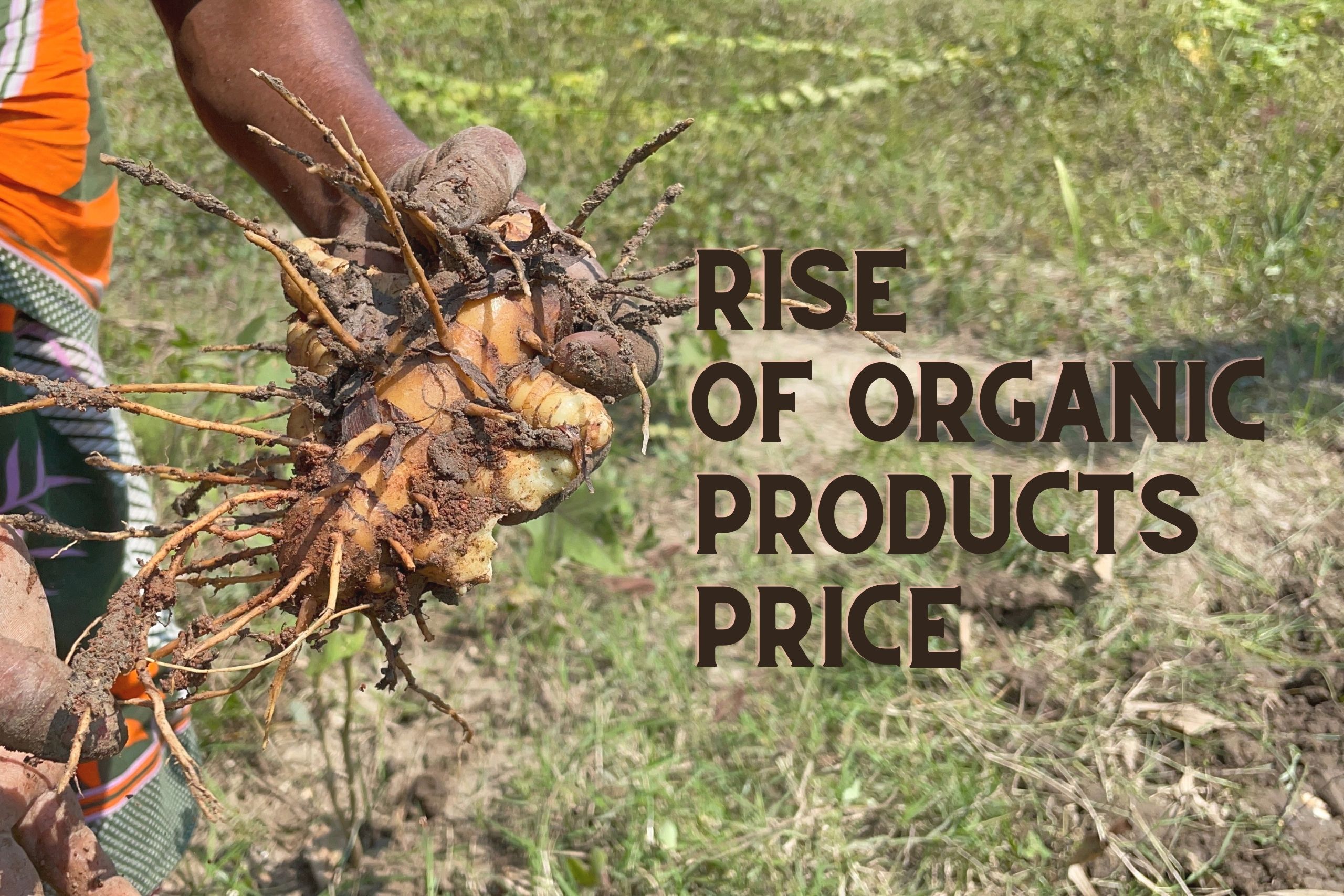Organic farming uses completely natural resources for cultivation and has innumerable benefits. The eco-friendly practices are good for the environment and ensure nutritional produces. It improves soil fertility and strives to use sustainable practices that do not cause damage to the environment. It improves the state of ecosystems by prohibiting use of unnatural inputs like chemical fertilizers and pesticides.
Three types of organic farming

Pure organic farming
It uses completely natural resources like organic fertilizers or manure. Any type of chemical resources is completely exempted from being used.
Integrated organic farming
It uses integrated pest management and integrated nutrient management. The cultivated crops are completely natural and have a high nutritive value and ensure proper pest control.
Integration of different farming systems
It uses various types of different farming systems like a mushroom, poultry and other types of rearing with normal crop parts.
How can farms get organic certification?

There are a set of procedures to get organic certification for a farm. National Programme for Organic Production (NPOP) facilitates the requirements and procedures for organic production in India. Farms that have an organic farming certification are permitted to have the India Organic logo on their produce. This logo helps consumers in recognizing organic products.
The first step is applying for organic certification. Fill out the application with the necessary details required. Before handing in the application, one must ensure that their farm meets the standard requirements set by the National Programme for Organic Production (NPOP).
There is a list of standards set by the National Programme for Organic Production (NPOP). Any farm that wants to obtain an organic certification for their farm must adhere to these standards.
- Conversion of land is required for organic farming
- All the process related to farming should be completely natural
- Any kind of input and the procedures used for produce should be recorded and maintained
- The practices should be continual and feasible
- Soil and water resources should be used sustainably
- Fertilization or pest control should be handled in a natural way, not causing any kind of damage to the ecosystem
- There should be no contamination from standard farms nearby or any other external force
The conversion period may differ according to the plan of maintaining the land for organic produce. Inspections from the certification body may be done to inspect the land and the plans made for organic farming during this period. A required fee is to be paid for the organic farming accreditation.
After the submission of application, it will be reviewed and accepted, or rejected accordingly by the accreditation committee. If an application is rejected, the reason(s) for the rejection is cited as well.

An inspection will be done in case of acceptance to inspect the land and inputs used in the farm.
- The certification body will provide certain standards that are to be followed by the farm
- These standards are expected to be met before the inspection or it may have a bad effect on the inspection
- The inspector would inspect the land and facilities
- Documents related to the plans and inputs will be checked thoroughly
- Resources like water and soil will be checked for any chemical substances
- Other risks from external factors will be inspected
The inspection may be late to give time for the farm to comply with any other required additional standards. This time is to be used productively to ensure that these standards are met, if not, it may lead to a negative inspection. There may be a few more inspections to examine all the aspects and will be taken into account.
During these inspections the field would be examined to see if it meets the standards of NPOP. The land, facilities and the inputs will be inspected as well. The inspector may ask for required information or documents. They may also test the soil, water and other resources to check if there are any forbidden substances present in these.
No chemical substances will be allowed since the farm is going to be fully organic. Risks like contamination from neighboring farms will also be checked to make sure that the fields are appropriate for organic farming. The production practices will be checked for sustainability.
A report will be made by the inspector and will be assessed by the certification body. It will also be tested in accordance to the standards. If the requirements are met according to the confirmation from NPOP, the accreditation committee would issue the organic farming certificate.
FAQ
Who certifies organic products in India?
The certification is issued by certification agencies authorized by Agricultural and Processed Food Products Export Development Authority (APEDA) as per the standards of National Programme for Organic Production (NPOP).
How to recognize an organic product in India?
There are different logos by which one can identify organic products in India. Jaivik Bharat, India Organic, PGS India Organic are some of the widely used organic logos in India.
How much does it cost to get certification?
The certification fee may vary from agency to agency and on the type of organic operation and its size. Most certification bodies have a fee plan that is the same for any applicant irrespective of their conditions.
How does a farm get organic certification?
The person needs to adhere to NPOP standards and make sustainable plans for their organic farming. They further need to make changes in their production or materials as and when required. After this they need to submit an application to any certified body, get accepted and have their farm inspected. The inspector makes a report and if the required conditions are fulfilled, their organic farming certificate will be issued.







